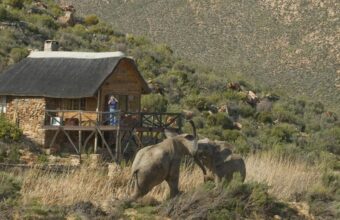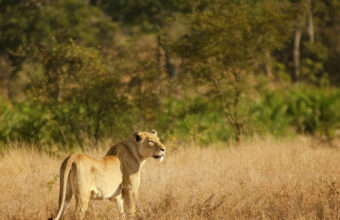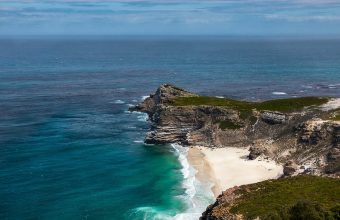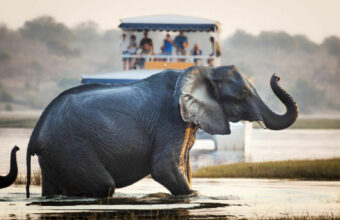Safari in the Western Cape
Best game reserves and safari parks in South Africa's Western Cape
If you're going on safari in South Africa, the Western Cape might not feature too highly on your itinerary. This region is more about the finer things in life: food, wine, beaches and Cape Town — arguably the most beautiful city in Africa. For many, wildlife and safaris don’t really come into the equation.
However, if you know where to look, then the Western Cape does offer the chance to pull out a big camera lens and head out in search of elephants and lions. All the famed Big Five are present in this region although in most cases they’ve been re-introduced into fairly small, fenced private game reserves. These are not zoos, but they’re also not vast wilderness zones like the ones you might find elsewhere in Africa.
The reserves have their own upmarket lodges and camps. See the individual park websites for details. Both reserves are close enough to Cape Town to make day trips feasible if not entirely desirable — after all, the accommodation is a major part of the whole experience.
If all you’re looking for is a family-friendly, short safari experience that can be easily slotted into a wine tour or a Cape Town city break, then the Western Cape fits the bill.
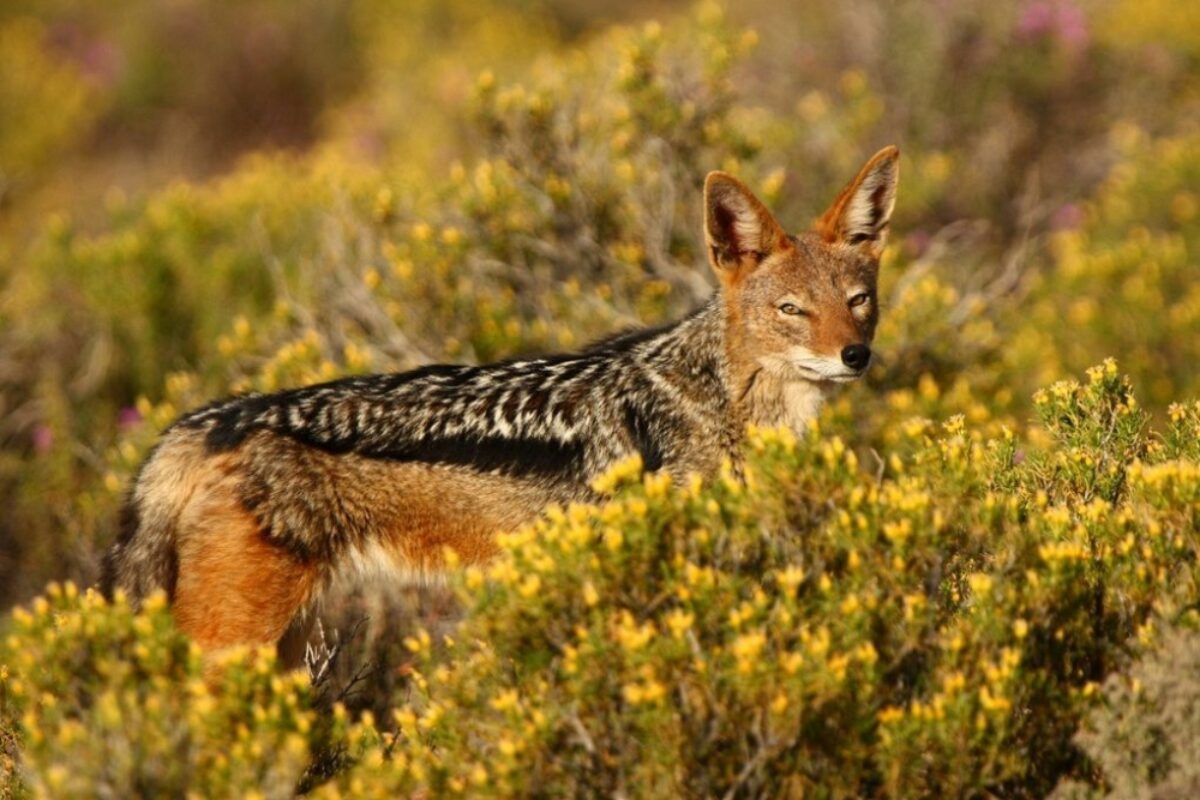
Jackal in Sanbona Wildlife Reserve
Western Cape safari reserves
-
Sanbona Wildlife Reserve
-
Western Cape
Western Cape wildlife
Like the Eastern Cape, Western Cape contains many different habitats, and it supports a wide range of wildlife. This includes some massive marine life including some of the world’s biggest (and hungriest!) sharks. On dry land many of the larger native mammals were wiped out over the last couple of hundred years. However, today, thanks to reintroduction programmes in the region’s private game reserves, many of these animals are returning. It’s now possible to see most of the key big mammal species of South Africa here.
Western Cape is a wildlife-watching destination all year round, but try to avoid December and January which are busy tourist periods when accommodation prices rise significantly.
When to visit
The Western Cape is a wildlife-watching destination all year round, but try to avoid December and January which are busy tourist periods when accommodation prices rise significantly.
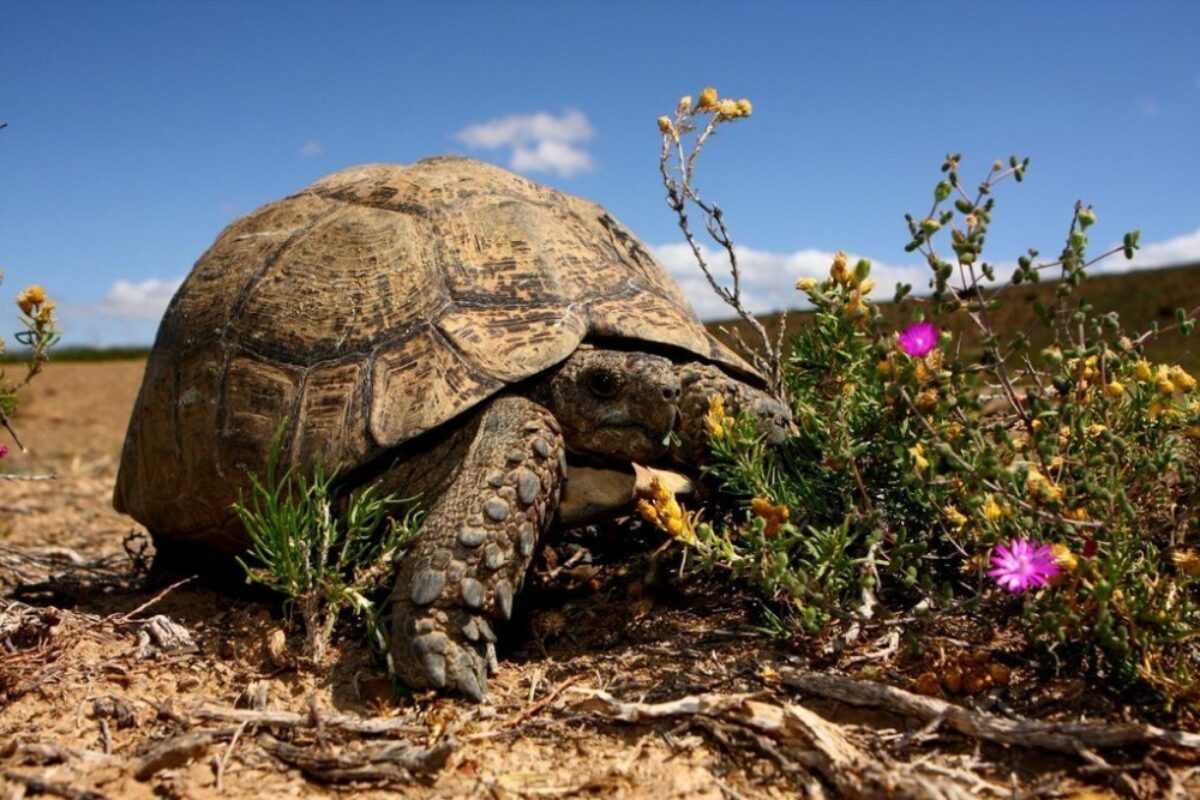
Tortoise in Sanbona Wildlife Reserve
Don’t miss
While you’re in the Western Cape don’t miss a trip to Table Mountain (as if you would!) In addition to the great views over Cape Town, its distinctive shape, known as a “sky island”, is a botanical wonderland. The plant life here is primarily fynbos, a type of shrubland that is unique to the region. There are more than 1,500 species that are found only on Table Mountain and nearby Black Table and are protected by World Heritage Site status.


